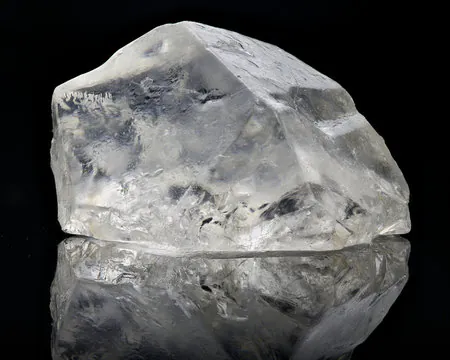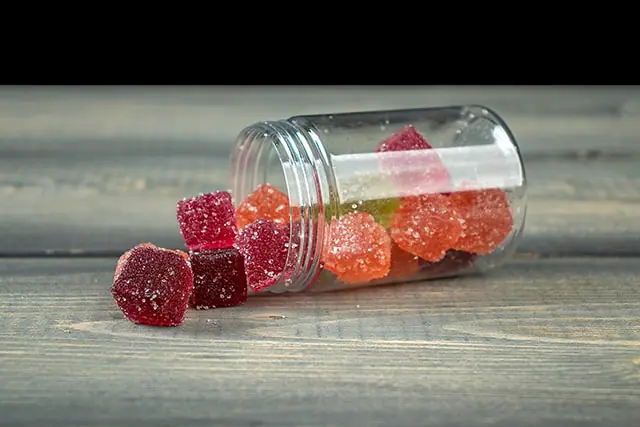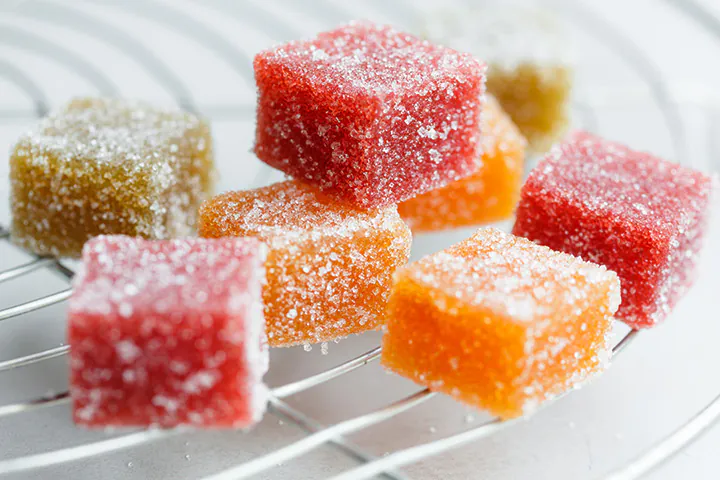Cannabinoids are a phrase that has been used in the cannabis industry for quite some time. There are over 130 cannabinoids found in the cannabis plant, but the two most well-known and researched cannabinoids are Tetrahydrocannabinol (THC) and Hexahydrocannabinol (HHC).
While THC is the cannabinoid most closely linked with the plant’s euphoric properties, HHC is just slightly less powerful than Delta 9 THC. On the other hand, THC has been examined more thoroughly than HHC and is hence more commonly known. So, what is the distinction between these two cannabinoids? Let us investigate more.
What is HHC?
Hexahydrocannabinol (HHC) is a hydrogenated version of THC, also regarded as an analog because of its THC-like effects and shelf durability. HHC is naturally existing in the cannabis plant but in minute amounts. Companies sell it in huge amounts since it can be produced in a laboratory, usually through hydrogenation.
Roger Adams, the American organic chemist who isolated and found CBD in 1940, discovered this molecule in 1947. Adams created this cannabinoid by synthesizing THC from the Cannabis sativa plant. Other structurally similar compounds had been also identified until that point with rarely hexahydrocannabinol itself.
Because HHC has a far longer shelf life than Delta 9 THC, it can safely remain in your cabinets or fridge for an extended period of time. HHC differs from THC in that it lacks double bonds in its chemical structure. THC’s double bonds are broken up and replaced by hydrogen atoms throughout the conversion process.
This hydrogenated THC derivative contains around 70 percent to 80 percent of the potency of Delta 9 THC. This is referred to as hydrogenation, and it results in HHC, which is the exact opposite molecule of CBN, also known as cannabinol, a THC byproduct with additional double bonds.
Although minor, this difference alters the binding affinity of this molecule to the endocannabinoid system’s CB1 and CB2 receptors. It also extends the compound’s shelf life, making it less prone to breakdown, and makes it more resistant to incorrect storage, heat, and UV-light exposure.
What is THC?
Over 130 cannabinoids are found in the cannabis plant’s chemical composition. However, only one, Delta 9 THC (or simply THC), is recognized as the primary active component responsible for the high. The principal psychoactive ingredient in marijuana is THC or tetrahydrocannabinol.
THC can also be found in hemp, but only in trace quantities that don’t exceed the legal threshold of 0.3 percent by dry weight imposed by the 2018 Farm Bill. Delta 9 THC is the most famous type of THC found in cannabis, but it is also the least stable, degrading to CBN when exposed to oxygen.
THC is classified into two types: Delta 9 THC and Delta 8 THC. While Delta 9 THC accounts for up to 25 percent of the plant’s weight, Delta 8 THC is found in trace amounts (less than 1 percent of the plant’s weight) and is 50 percent to 70 percent as powerful as Delta 9 THC.
This cannabinoid stimulates brain receptors that control hunger, sleeping, memory, and visual and auditory perception. These receptors are also responsible for the high associated with marijuana.
Comparing HHC to THC
Anecdotal evidence suggests that HHC is more comparable to Delta 9 THC in intoxication, but it is more akin to Delta 8 THC. Although it produces a higher level of intoxication than Delta 8 THC, it produces an extremely pleasant, clear-headed high.
Because it modifies our auditory and visual experience, this cannabinoid is similar to Delta 9 THC. Some users report hallucinations and increased divergent thinking. Overall, the effects of HHC are relatively similar to those of THC, with greater dosages being euphoric and stimulating and lesser doses being more soothing, comparable to Delta 8 THC.
HHC can be more powerful than Delta 9 THC for some users, although it has roughly 80 percent of its potency. Its effects are generally described by sensitive users as a distinct body high that is substantially stronger than Delta 9 THC. Furthermore, it may induce hypnagogic images more quickly than THC and other significant psychoactive cannabinoids.
HHC edibles, like THC edibles, take a little longer to kick in but linger the longest. Edibles can last for up to 6 hours after eating for certain people. Having said that, many consumers report a high tolerance after a few doses of HHC products.
When vaped or smoked, the effects of HHC cartridges last 3 to 4 hours on average. Vaped or smoked HHC products, like other chemicals, kick in quickly, so you’ll feel it after 10 minutes. The more you smoke, the longer the effects last. When opposed to one puff that wears off after two hours, several breaths can last up to four hours.
Because the majority of research on cannabinoid effects is anecdotal, it’s reasonable to conclude that HHC causes less anxiety than Delta 8 THC. Even in those with usual anxiety symptoms, HHC is less anxious than Delta 9 THC if Delta 8 THC causes modest anxiety spikes. However, be prepared for side effects such as heart palpitations and a more potent high.
The Bottom Line
The bottom line is that it all relies on your search criteria. Delta 9 THC is the perfect option if you want to relax while being high as a kite. It does, however, have more pronounced adverse effects. So, if you don’t like the anxiety or drowsiness caused by Delta 9 THC, HHC is the way to go, especially as a daytime choice with a primarily euphoric effect.




